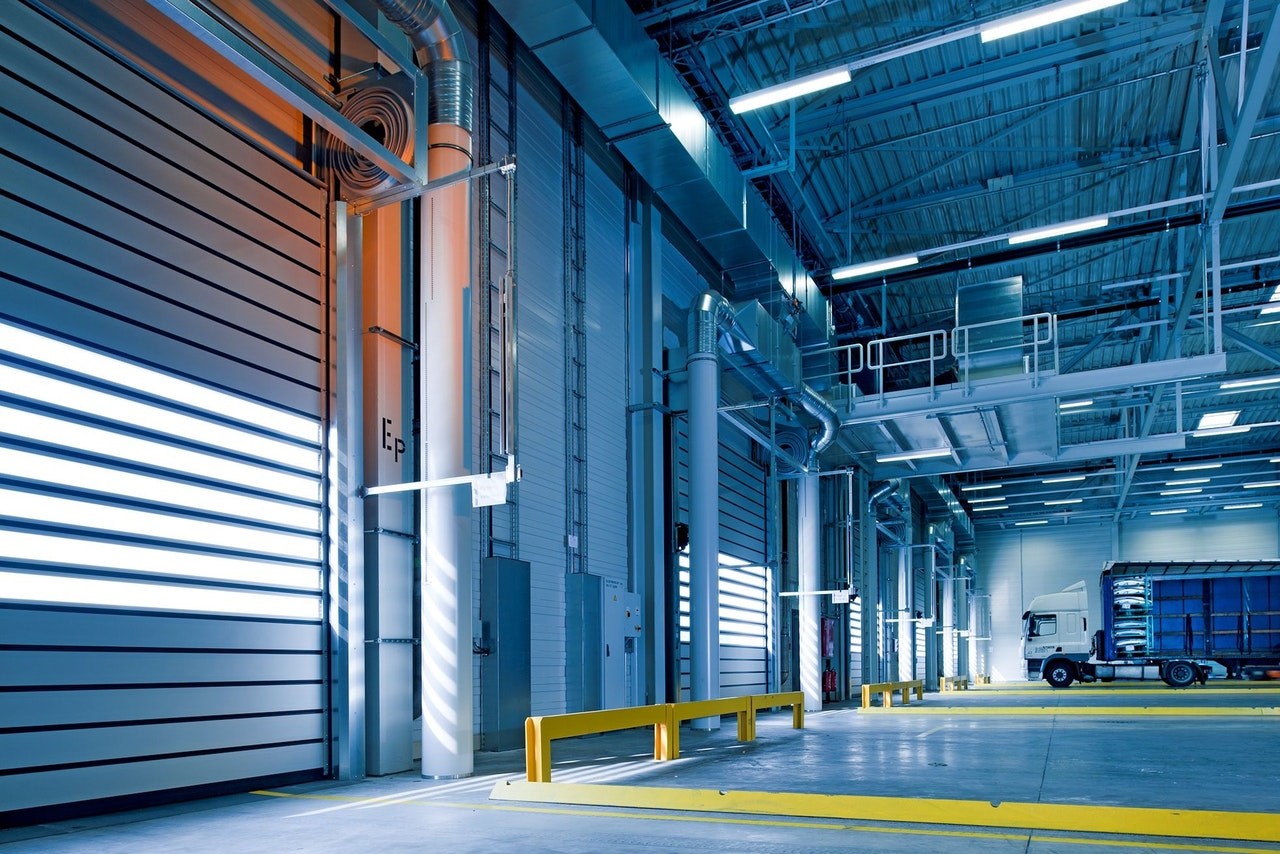Trucking businesses are necessary to the growth and stability of the US economy. However, right now, there’s a shortage of commercial trucks on the roads, and there has been for years. That shortage isn’t going to be solved anytime. That creates an excellent opportunity for anyone looking to get into the trucking business, all you need to do is get structured, hire a few drivers, and manage your equipment. The following tips will help you remain on the path to profitability.
Be Compliant and Do Your Research
ELD or “Electronic Logging Device.” Recently, it became legally necessary to have one of these installed in every single truck in the US that’s driving commercially. The idea is to prevent dangerous levels of stress and fatigue on truck drivers, creating hazardous health and road conditions. The reality is, much of the ELD technology available is sub-standard. Signals cut out. Companies refuse to do maintenance on their equipment, etc.
Always do your research on any ELD company. See if your drivers have worked with a particular technology before. There are a handful of top-tier companies out there, and they should be easy to find on forums. Be wary, however, of the handful of companies pouring most of their money into marketing their product, rather than developing it, hoping to sign small trucking companies into a contract.
Treat Your Drivers Well
Right now, there is a driver shortage in the trucking industry, and it’s not getting any better. The good news is, especially for new trucking companies, that driver shortage means that larger companies can’t fill as many orders, leaving plenty of shipments up for grabs.
However, this shortage can also make for an interesting hiring and turnover process. With sign-on bonuses at all-time highs, up to $8,000 with larger companies, how can a new, small business compete? Benefits. Very few trucking companies treat their truckers like actual employees, instead of trying to frame them as independent contractors.
Truckers, on the other hand, prefer to work with companies legitimately. They want to be part of a team. Whether you’re a new trucking company or you want to improve your current business, focus on what your drivers want. Ask them. Do they want higher per mile rates and are willing to take hazard loads? Do they want to stay local? Do they want to be home on weekends? If you lose your drivers, your business will suffer. Pay attention and respect them.
Prepare for the Future
The ELD rule “blindsided” many small and mid-size trucking companies, even though they were given ample warning. Once it went into effect, they realized that though they thought they had accurately been tracking times, their logs weren’t matching up to the numbers reported on ELDs. Why? The numbers had been changed, manually, or never recorded accurately in the first place. Now that the rule is in place, small companies are having to scramble to fix their businesses, all the while missing out new shipments and current contracts.
The lesson here? Pay attention to any new rules and technologies in your space. Don’t assume a new rule won’t affect your company. Keep accurate logs of everything, double check them, and make sure they match up to reality.
Grow Slowly
In the trucking industry, it can be incredibly tempting to add another truck to your fleet and realize, too late, that you just don’t have enough loads, consistently, to make it worthwhile. Make the most of what you have before you even think of expansion, even if it means turning away a job every once in a while. Remember, right now there are more jobs than trucks, but there are still more trucks than drivers.
You have options beyond trucks in the trucking industry, too. Vans, setups perfect for small and local runs, can also be ways to utilize new drivers and spaces between large loads (if you have any.) Short routes, especially if they’re time-critical, can also be much more profitable than large loads. If you already have the infrastructure in place, adding this type of service to your company’s offerings can set your services apart.
Contract with Local Businesses
Local businesses, factories, import and export, grocery and discount stores- if there isn’t a local trucking company near you, working with these businesses could be advantageous for both of you. By having your trucks nearby, you save these businesses on mileage costs overall.
Work with Owner-Operators
If you ever are considering expansion but don’t have the capacity, contracting out to a local owner-operator or two for a regular job is worth considering. Owner-operators have their trucks (though they typically borrow trailers from their employers) and will transport a load for a per-mile fee. They also cover all maintenance and truck-related costs themselves, out of this payment.
Anticipate and Plan for Expenses
You will have sudden, unexpected expenses if one of your trucks breaks down. It will happen. Further, adverse weather conditions, like snow, can be an unpredictable, sudden setback preventing trucks from returning or leaving until the roads are cleared. Before this happens, you need to have a plan in place to deal with a lack of cash.
There are two main ways to go about this. First, if you can see an upcoming expense you won’t be able to cover, like downtime during a snowstorm, you should be able to cut certain costs over a period. If this isn’t enough to close the gap, or you have a more immediate cash need, a loan is the way to go. In the trucking industry, title loans for commercial semi trucks will get you your money faster and get you back in business sooner.
Use the Right Tools
There are plenty of tools available to trucking companies, specifically, to help you manage your clients, load sizes, schedules, and cash flow. Find these tools and use them to optimize your business. Saving time on regular business expenses and clerical tasks can give you the opportunity to find new contracts or work on expanding your industry as a whole.
——————————–
 Author Bio: Susan Ranford is an expert on career coaching, business advice, and workplace rights. She has written for New York Jobs, IAmWire, and ZipJob. In her blogging and writing, she seeks to shed light on issues related to employment, business, and finance to help others understand different industries and find the right job fit for them.
Author Bio: Susan Ranford is an expert on career coaching, business advice, and workplace rights. She has written for New York Jobs, IAmWire, and ZipJob. In her blogging and writing, she seeks to shed light on issues related to employment, business, and finance to help others understand different industries and find the right job fit for them.
















